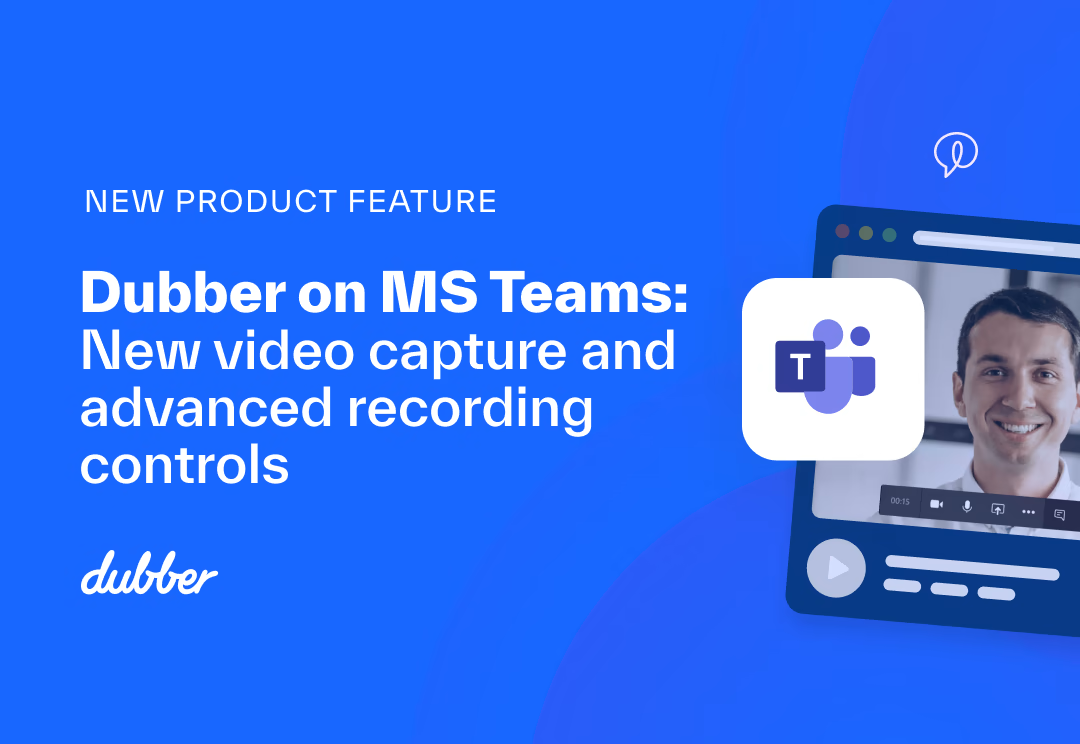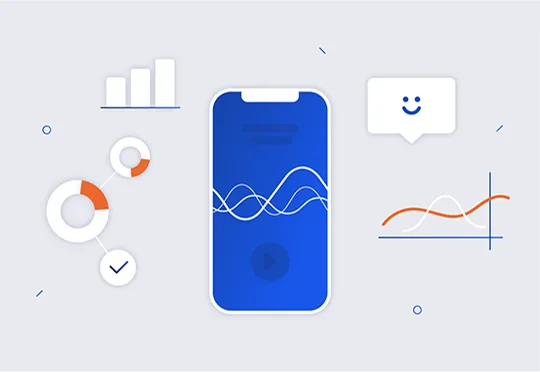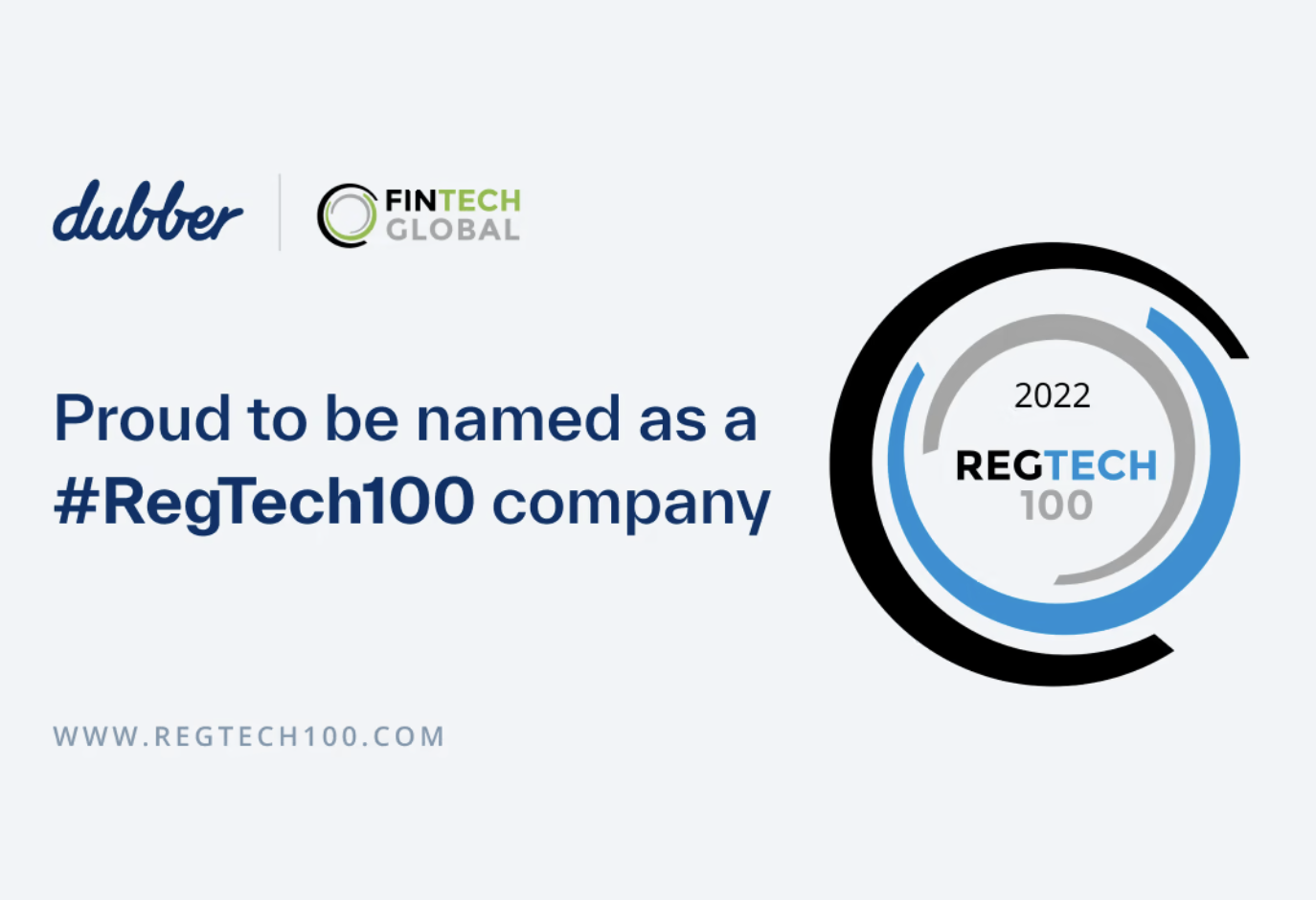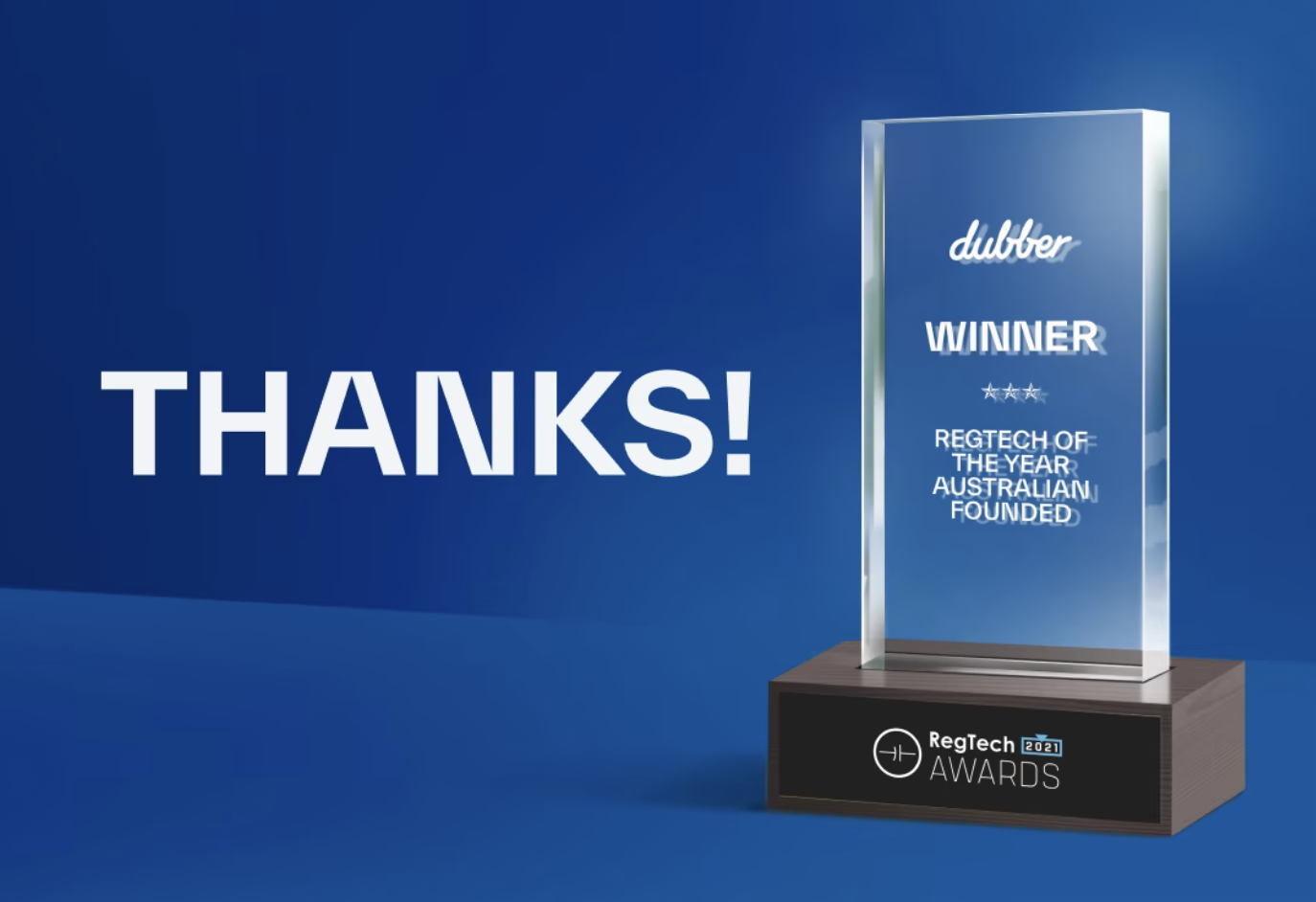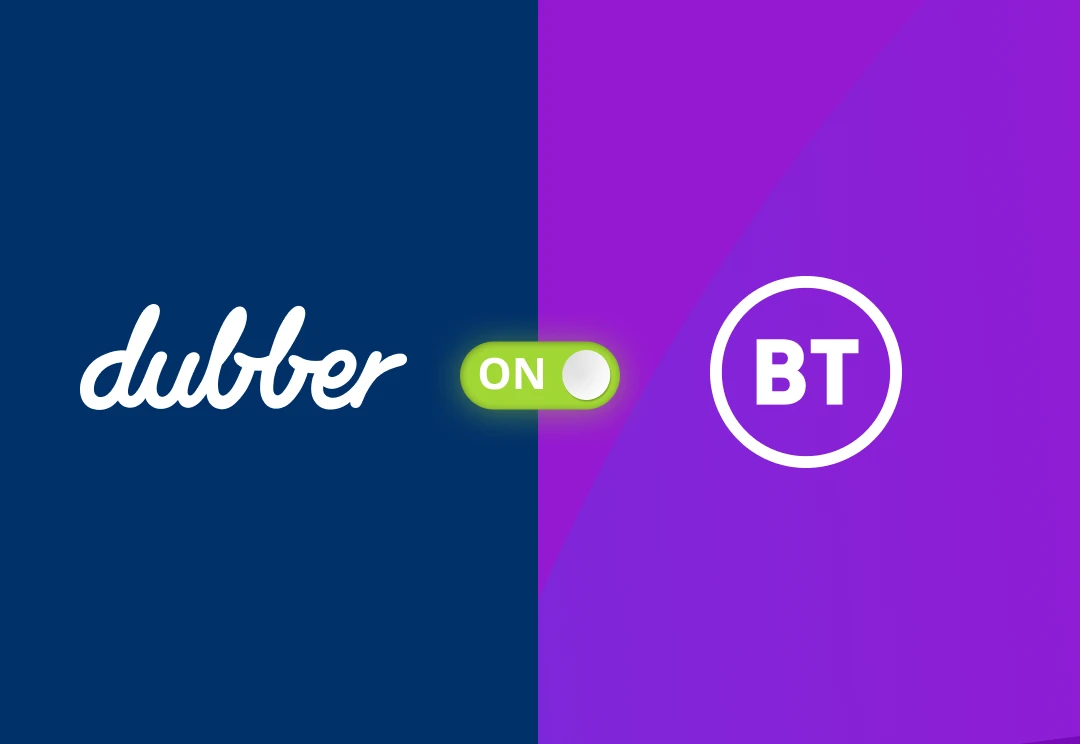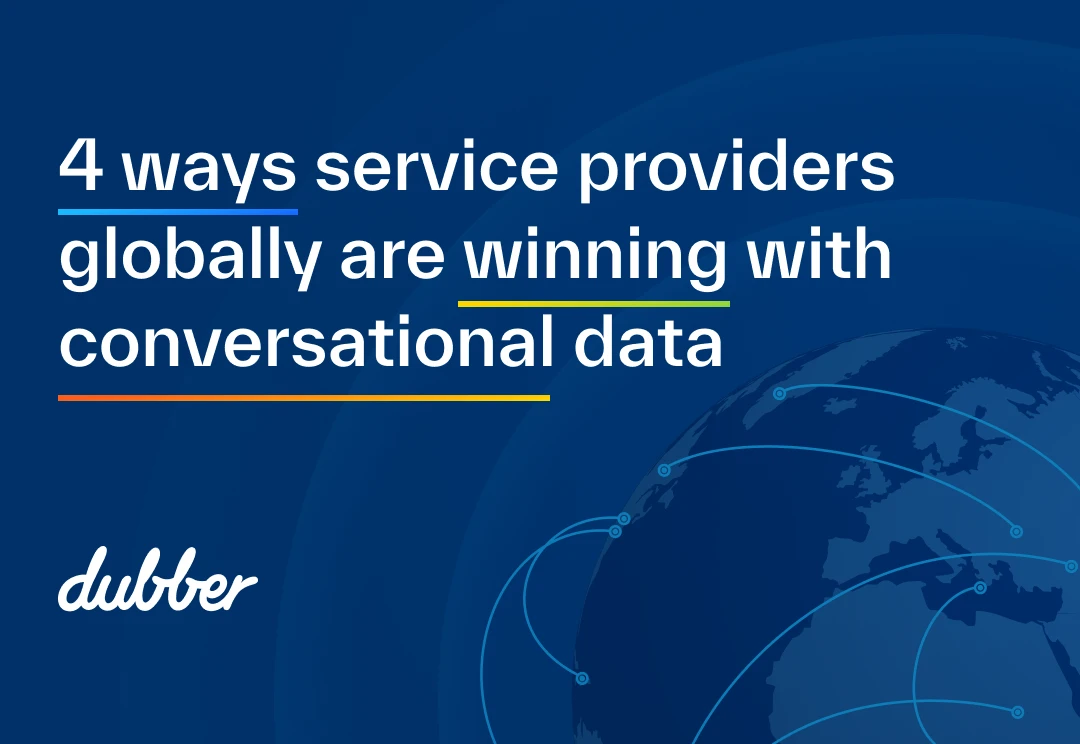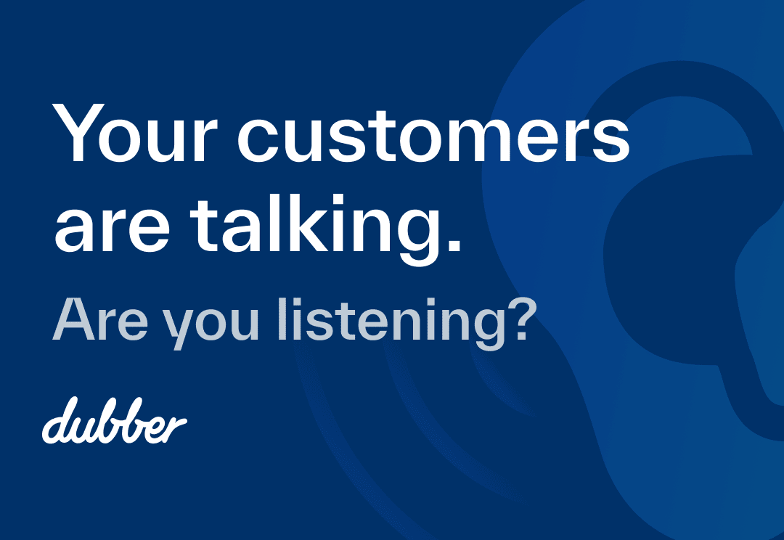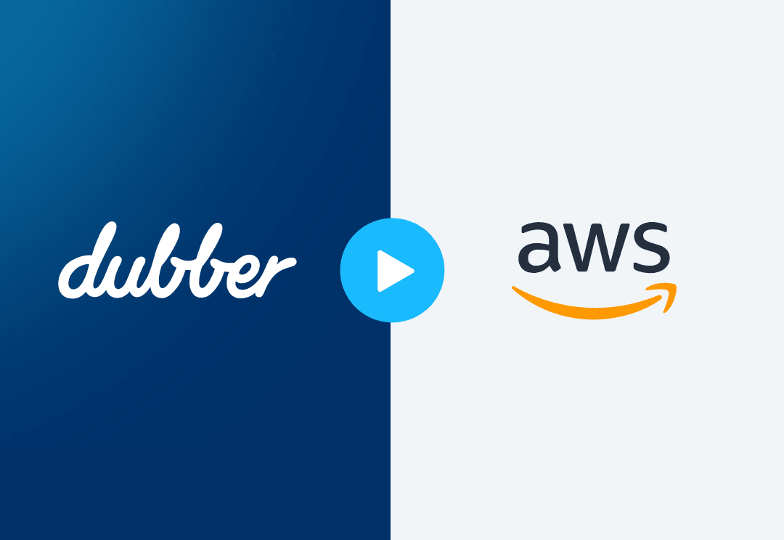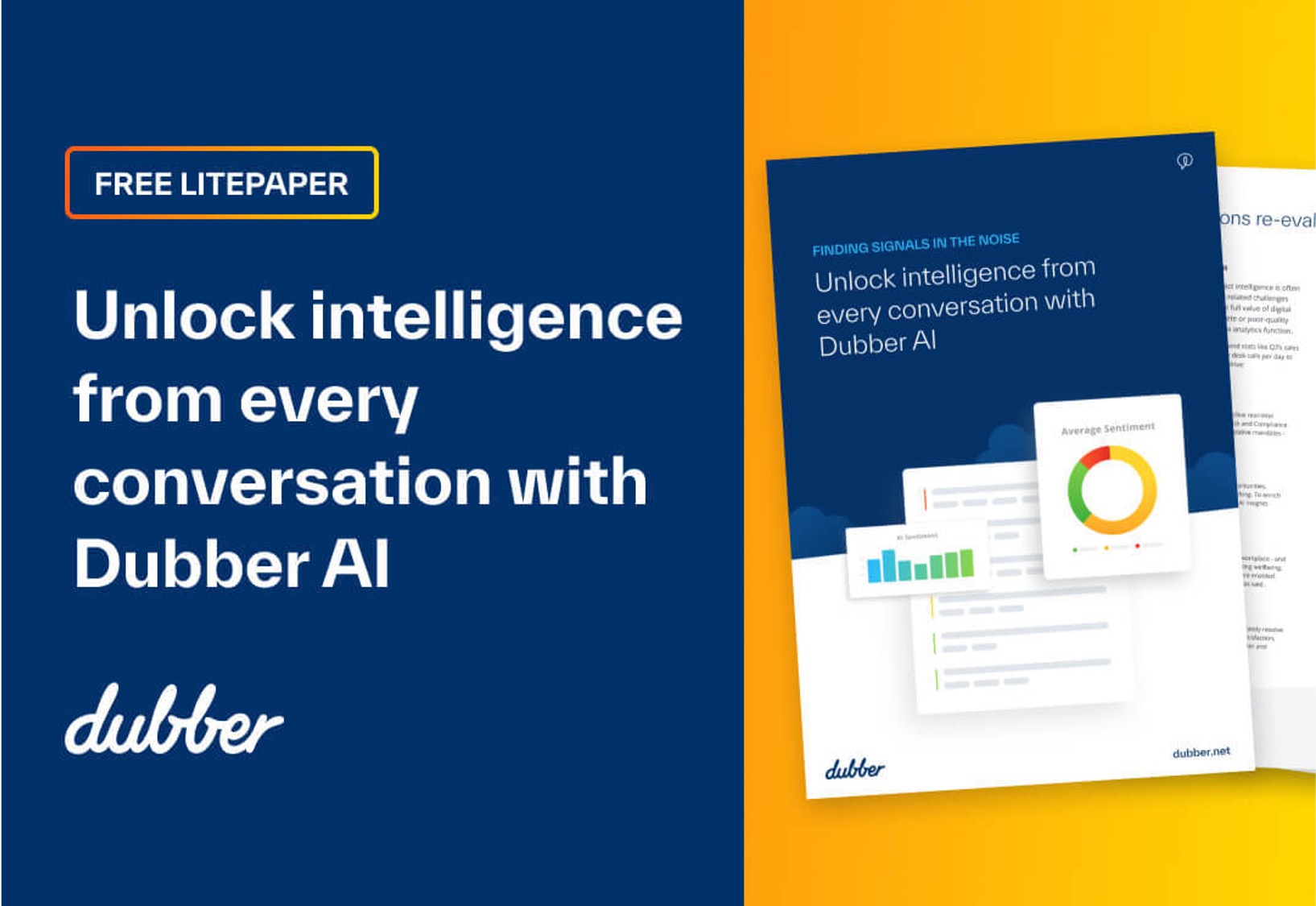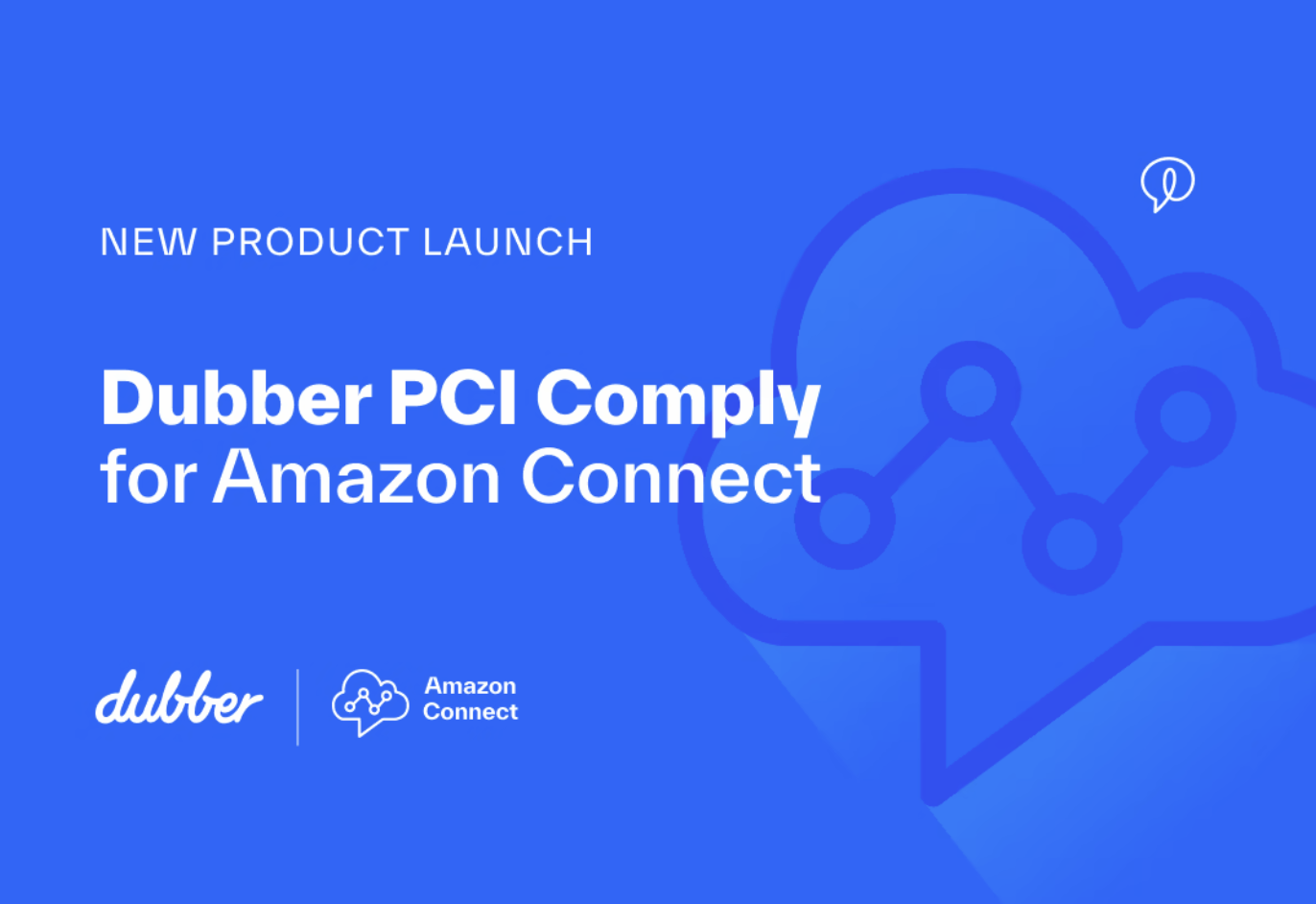
Many credit card processing solutions create serious PCI compliance risks for both consumers and businesses, leaving the door open for fraud, theft, and data leaks. However, with Dubber leading the industry in compliance and enterprise-grade security, a new solution is at hand for any communications on Amazon Connect, including contact centre, voice, IVR, and chat.
“Dubber PCI Comply offers any business seeking to process credit card information a cost-effective and easy to deploy cloud-native solution to achieve efficient PCI DSS compliance for any communication modality on Amazon Connect, including contact centre, voice, IVR, and chat.”
With our fully compliant technology, enterprises can feel secure that customers are not at risk of facing card fraud in payments — as a result, we are very excited to announce the launch of our new product, Dubber PCI Comply for Amazon Connect!
As the first PCI DSS solution for Amazon Connect, Dubber PCI Comply will change the way businesses take payments forever — providing complete security and peace of mind for both the enterprise as well as their customers. Dubber PCI Comply enables certified security and PCI-DSS compliant payments via voice calls, chat, and cloud-based communications platforms. Contact centres with Dubber PCI Comply on Amazon Connect can offer safer options that prevent customers’ credit card data from entering the enterprise environment, instead handling the data capture and processing via a trusted, secure third-party provider.
About Dubber PCI Comply – What does this mean for enterprises?
Dubber PCI Comply empowers businesses to facilitate simple, user-friendly and secure phone payments, ensuring that regulatory demands are satisfied and critical sensitive customer data is protected.
Businesses meet regulatory requirements and obligations around PCI DSS:
Enjoy the benefits of knowing customers’ and internally sensitive business information is protected by Dubber PCI Comply. Seamlessly integrated into Amazon Connect, the solution adheres to PCI DSS compliance standards and prevents any sensitive card data from entering the enterprise environment.
“PCI DSS compliance isn’t satisfied because of the deployment of Amazon Connect alone. It is the instant Dubber PCI Comply is deployed. The moment you start processing credit card transactions, you need PCI Comply. Dubber PCI Comply eliminates the need for, or the possibility that, agents see or enter credit card data. We believe our innovative approach such as via Amazon Connect is the best and most secure way of ensuring PCI compliance.” – James Slaney, COO, Dubber
Dubber PCI Comply to provide security amid customers payment information
Dubber PCI Comply is a secure phone payment platform that’s PCI DSS compliant, VISA Europe approved, PCI DSS V3.2, ISO27001 and BS10008 certified, with the credentials to prove data is safe and secure.
Dubber PCI Comply is secure, simple and effective.
Dubber sets the benchmark for secure payments— with integrations and deployments that are instantaneous and effortless, cloud-based data stored securely, and the flexibility of agnostic PSP or telephony. Confidently meet the demands of overarching regulatory systems to protect customers and businesses. Try out Dubber PCI Comply on Amazon Connect.
